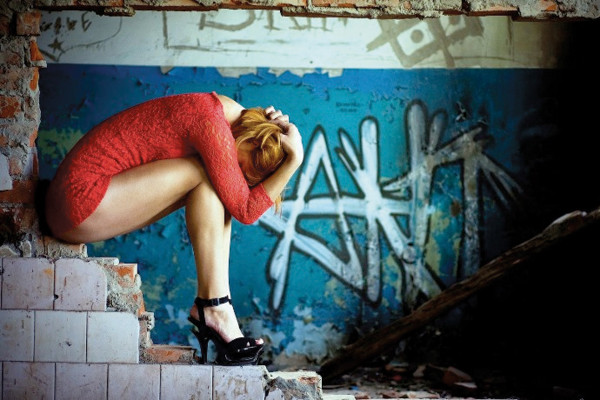I want to receive new articles by email
Norway’s progressive prison system
By Jerry Brownstein
About 75 kilometres off the coast of Oslo in Norway is an island that is home to 120 criminals, including some of the country’s most dangerous who have been convicted of crimes such as murder and rape. Yet there are no barbed-wire-topped walls or electrified fences around the island, nor do armed guards and attack dogs patrol the grounds. This is the Bastoy Island Prison, and it is emblematic of Norway’s dedication to using prisons as a way to rehabilitate and reintegrate criminals into society.
At Bastoy the prisoners live in brightly painted wooden cottages, and they take care of themselves by tending to farm animals, growing crops, chopping wood, etc... This kind of easy treatment goes against the conventional thinking that prison should be a place of punishment and penance, but if the goal of prison is to change people, then Bastoy and other progressive Norwegian prisons are doing a good job. Only 16% of the prisoners who come out of these facilities commit new crimes within two years of being released, compared to Norway's national average of 20%, and the European average of 70%.
Norwegian prisons did not always operate like this, and in fact were quite harsh up until 1999. That was the year Norway’s Ministry of Justice reassessed its goals and methods, putting explicit focus on rehabilitating prisoners through education, job training and therapy. This led to the construction of Halden prison in 2010 which is even more liberal than Bastoy, as every aspect of the facility was designed to help prepare the prisoners for a life after they get out.
“Better out than in” is the unofficial motto of the Norwegian Correctional Service, which works together with other government agencies to secure a home, a job and access to a supportive social network for each inmate before release. Providing all of these services makes Norway’s prisons much more expensive than in other countries, but it seems to be worth the cost as results so far are very positive. In the words of one inmate: “The time I have spent here has made me to realize that I’m not such a bad guy... and I have decided that I will change my way of living.”






